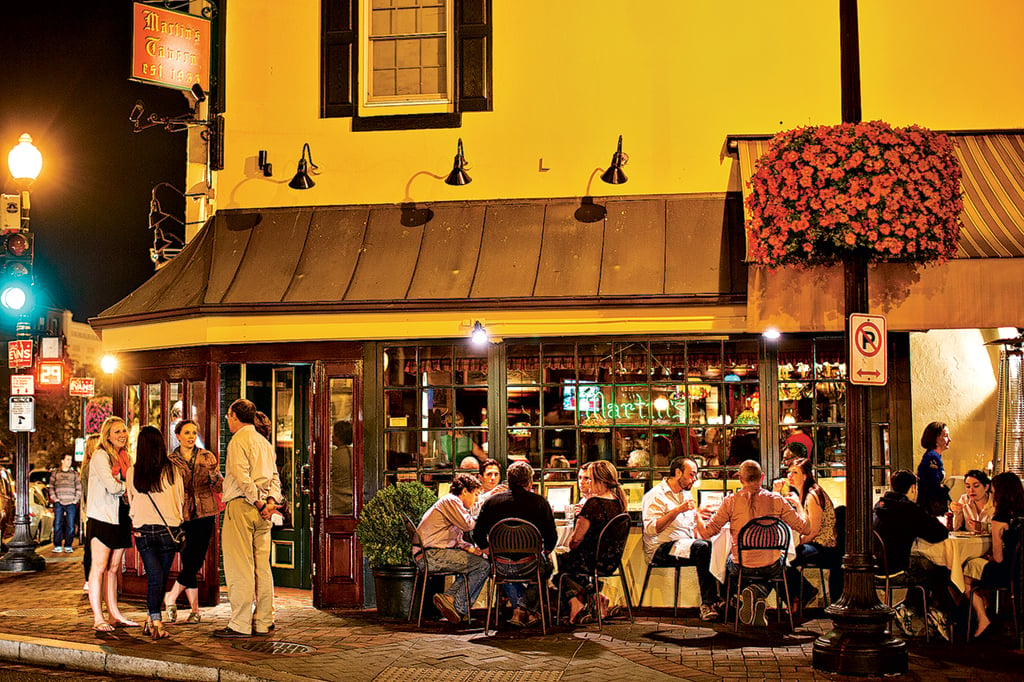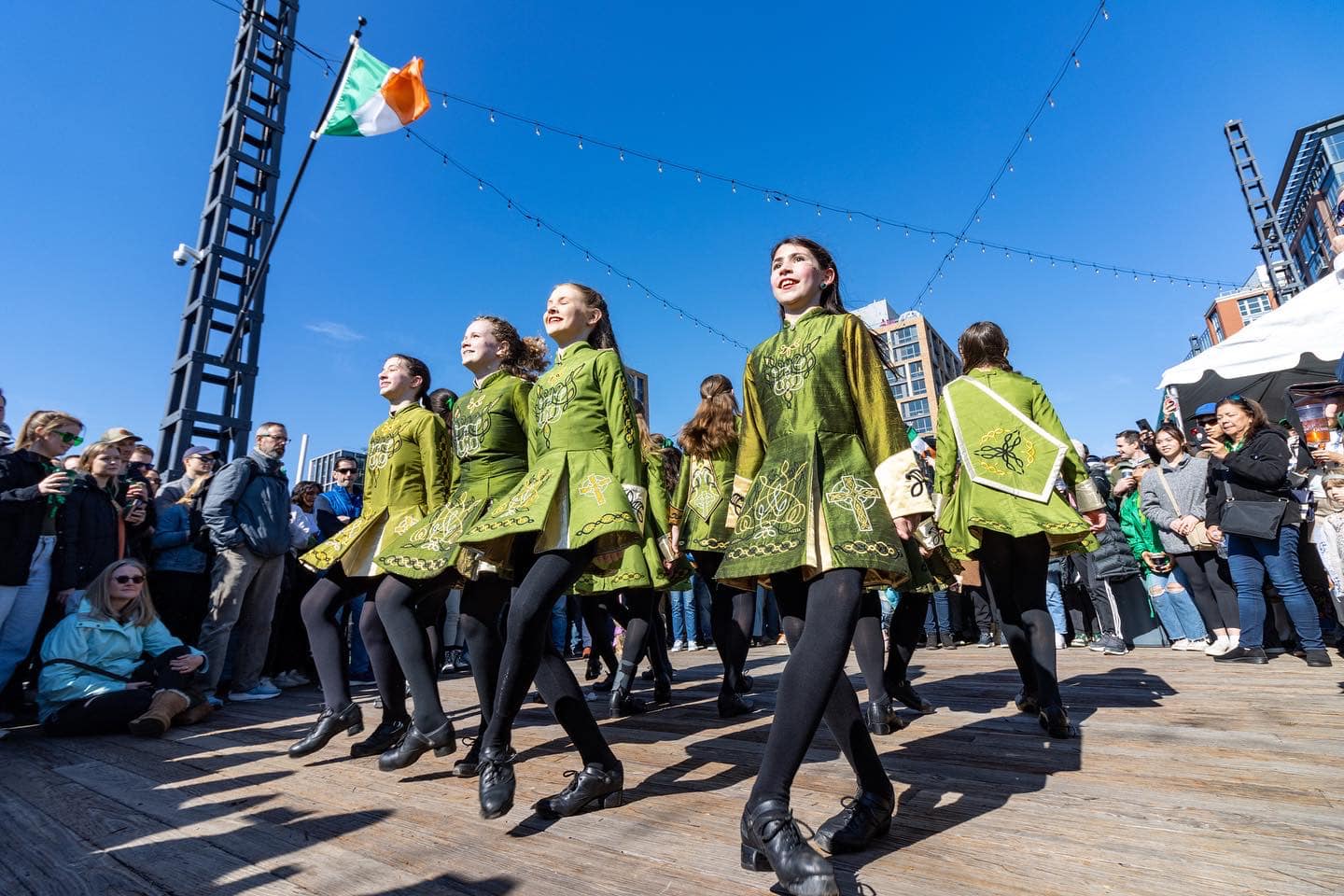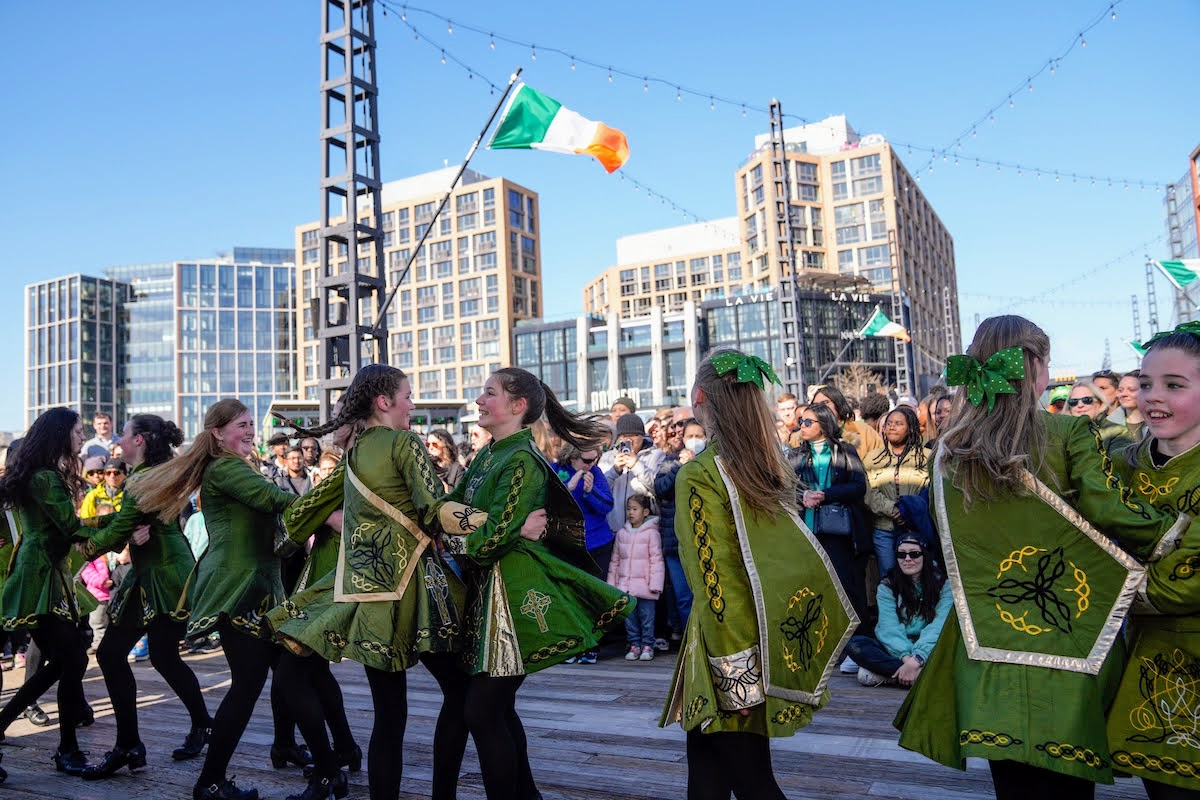St. Patrick’s Day is very different in Ireland than it is in America. In the former, it’s a religious holiday—you know, Saint Patrick—where families follow Mass with a celebratory meal, or gather at local pubs to tell stories and listen to live music. In the US, well, green beer and shamrock shots say it all.
Regardless of where you are, it’s a day to celebrate Irish culture and heritage. But there’s one thing you should never do on St. Patrick’s Day, or any day: order an Irish Car Bomb.
No surprise, the Irish Car Bomb is an American invention. Its origins are unclear, as is the name. In the “best” case scenario, the moniker refers to a shot (a.k.a. a bomb) of Jameson Irish whiskey and Baileys cream liqueur dropped into a Guinness beer, exploding sticky liquid all over the bar and wreaking havoc on your stomach.
In the worst case scenario, it’s a reference to actual Irish car bombs—a preferred method of terrorism used by the Irish Republican Army during “the Troubles” in Northern Ireland from the 1960s to late ’90s, during which over 3,600 people were killed and many more injured. And sadly, car bombs aren’t a weapon of the past.
“I’m completely against them, it’s offensive,” says Mark Kirwan, a Tipperary native who’s behind Irish pubs Samuel Beckett’s in Shirlington and Kirwan’s on the Wharf. “I’ve had a conversation with a patron who was vexed because I was insulted when he ordered one. You have to realize the problems we’ve gone through and our political turmoil.”
Let’s put it this way: Would you walk into an American bar on July 4th and order a Twin Towers Bomb? Hopefully not.
“The problem in the States is that everybody puts shamrocks on the door and calls it an Irish bar for the day,” says Kirwan, who celebrates the holiday with a week of live Irish music, traditional dishes, and drinks from Irish brewers and distillers. “They make it their Irish Super Bowl. It’s a way to cash in on another day of alcohol sales. For us, it’s to celebrate who we are and what we’ve done, to celebrate being immigrants and coming to the United States.”



















